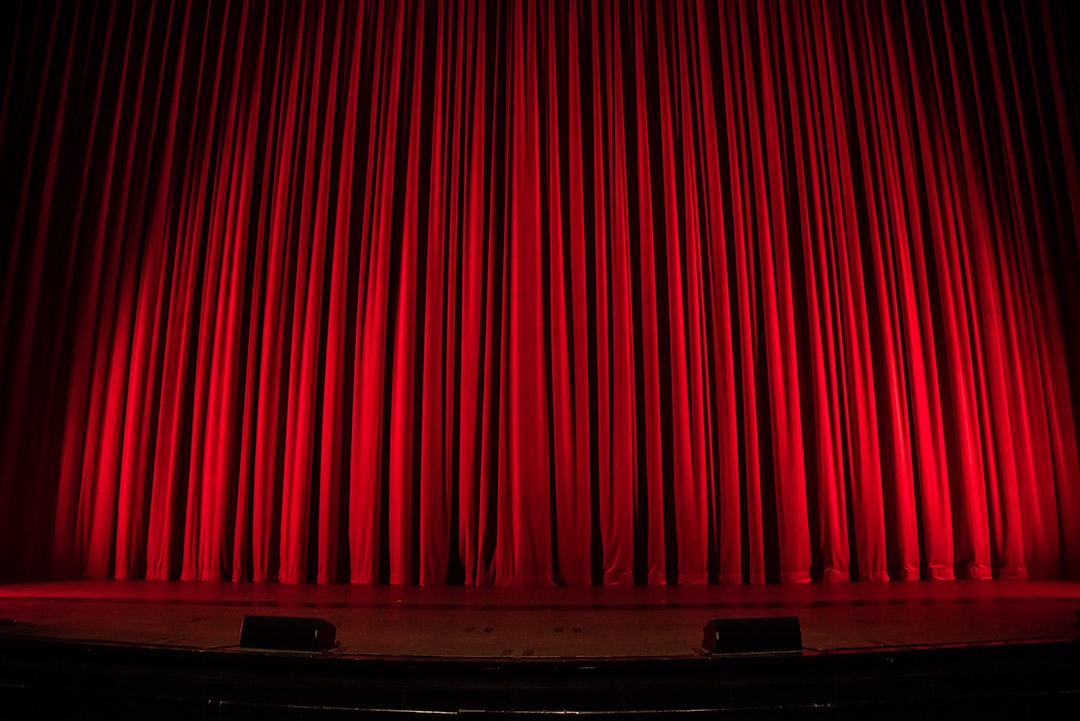Performance vs. Stage
What's the Difference?
Performance and stage are closely related concepts in the world of entertainment. A performance is the act of presenting a piece of art or entertainment to an audience, while a stage is the physical platform on which the performance takes place. The stage is where the performers showcase their talents and bring their creations to life, while the performance is the culmination of their hard work and preparation. Both performance and stage play crucial roles in creating a memorable and impactful experience for the audience, making them essential components of any successful production.
Comparison

| Attribute | Performance | Stage |
|---|---|---|
| Location | Can take place in various venues such as theaters, concert halls, or outdoor spaces | The physical space where the performance takes place |
| Audience | People who watch the performance | People who observe the performance from the audience area |
| Actors | Performers who portray characters or roles in the performance | Individuals who perform on stage, including actors, musicians, dancers, etc. |
| Props | Objects used by performers to enhance the performance | Objects or items placed on stage to create the setting or atmosphere |
| Lighting | Used to illuminate the performers and set the mood | Lighting design is crucial for creating ambiance and highlighting key elements on stage |

Further Detail
Introduction
Performance and stage are two key elements in the world of entertainment, particularly in the realm of theater and music. While they are closely related, they have distinct attributes that set them apart. In this article, we will explore the differences and similarities between performance and stage, highlighting their unique characteristics.
Performance
Performance refers to the act of presenting a piece of art or entertainment to an audience. It can encompass a wide range of activities, including acting, singing, dancing, and playing musical instruments. Performers are responsible for bringing a script, song, or choreography to life through their skills and talents. A successful performance captivates the audience and evokes emotions, leaving a lasting impression.
- Requires skill and talent
- Engages the audience
- Evokes emotions
- Brings a script or piece of music to life
- Leaves a lasting impression
Stage
The stage is the physical space where performances take place. It serves as a platform for actors, musicians, and dancers to showcase their talents. The stage can vary in size and design, depending on the production and venue. It is equipped with lighting, sound, and props to enhance the performance and create the desired atmosphere. The stage is where the magic happens, where stories are told, and where dreams come to life.
- Physical space for performances
- Platform for actors, musicians, and dancers
- Equipped with lighting, sound, and props
- Enhances the performance
- Where stories are told and dreams come to life
Similarities
While performance and stage are distinct concepts, they are closely intertwined and rely on each other for a successful production. Performers depend on the stage to showcase their talents and bring their characters to life. The stage, in turn, relies on the performers to captivate the audience and create a memorable experience. Both performance and stage require careful planning, coordination, and execution to achieve the desired outcome.
- Interdependent relationship
- Require careful planning and execution
- Rely on each other for a successful production
- Create a memorable experience for the audience
- Showcase talents and bring characters to life
Differences
Despite their similarities, performance and stage have distinct attributes that set them apart. Performance is more focused on the skills and talents of the performers, while the stage provides the physical space and technical elements for the performance to take place. Performers are responsible for engaging the audience and evoking emotions, while the stage sets the scene and creates the ambiance for the performance.
- Performance focuses on skills and talents
- Stage provides physical space and technical elements
- Performers engage the audience and evoke emotions
- Stage sets the scene and creates ambiance
- Distinct roles in the production process
Conclusion
In conclusion, performance and stage are essential components of the entertainment industry, each playing a unique role in the production process. While performance relies on the skills and talents of the performers to captivate the audience, the stage provides the physical space and technical elements to enhance the performance. By understanding the attributes of performance and stage, we can appreciate the artistry and craftsmanship that goes into creating a memorable and impactful production.
Comparisons may contain inaccurate information about people, places, or facts. Please report any issues.